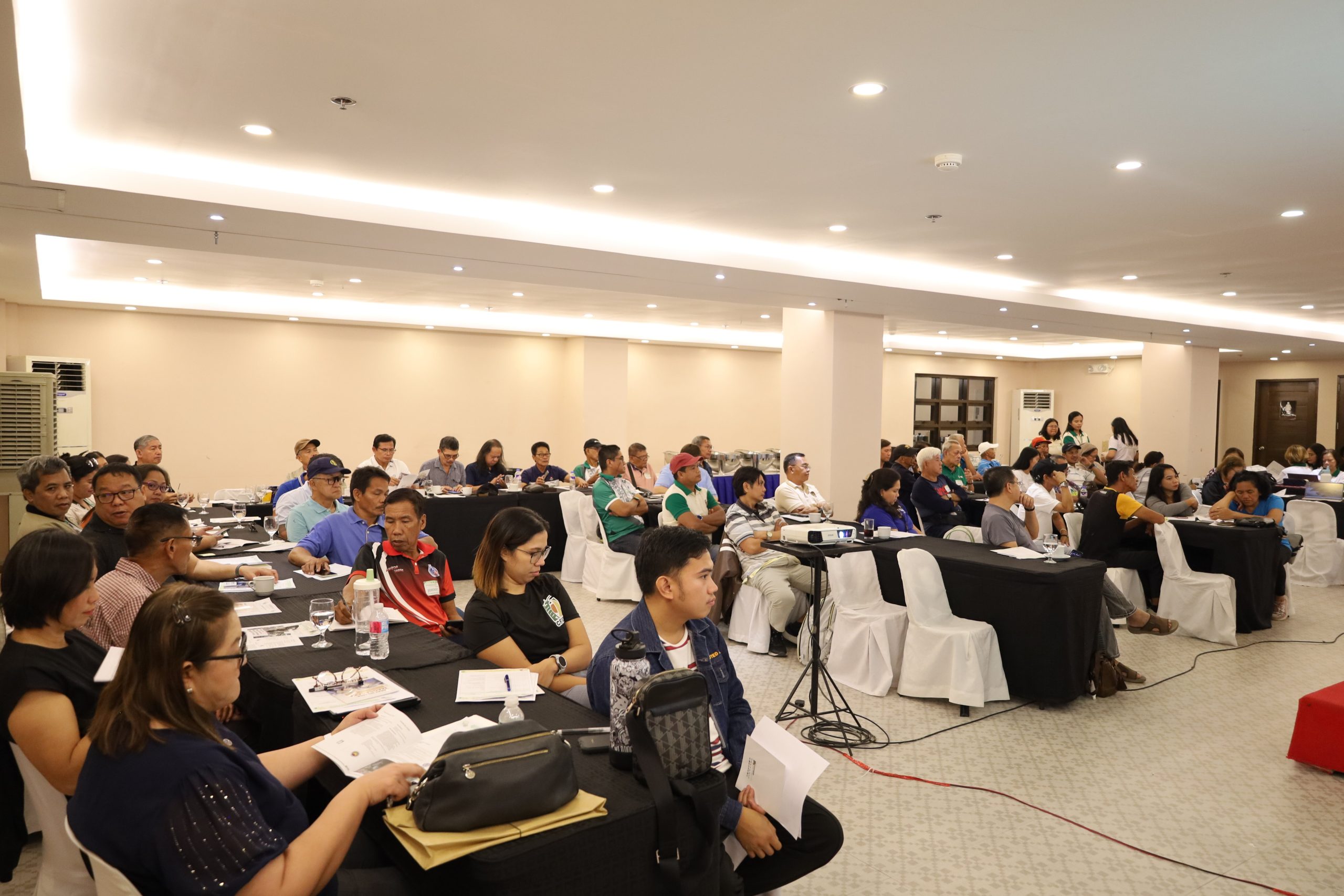
The Philippine Council for Agriculture and Fisheries (PCAF), in partnership with Philippine Coconut Authority (PCA), convened the Sectoral Committee Encounter of the PCAF National Sectoral Committee (NSC) on Coconut and the Agricultural and Fishery Councils (AFCs) of Quezon Province on October 2-4, 2024 in Tayabas City, Quezon.
Over 70 private stakeholders and representatives from the Department of Agriculture attended the event to discuss updates and address challenges facing the coconut industry.
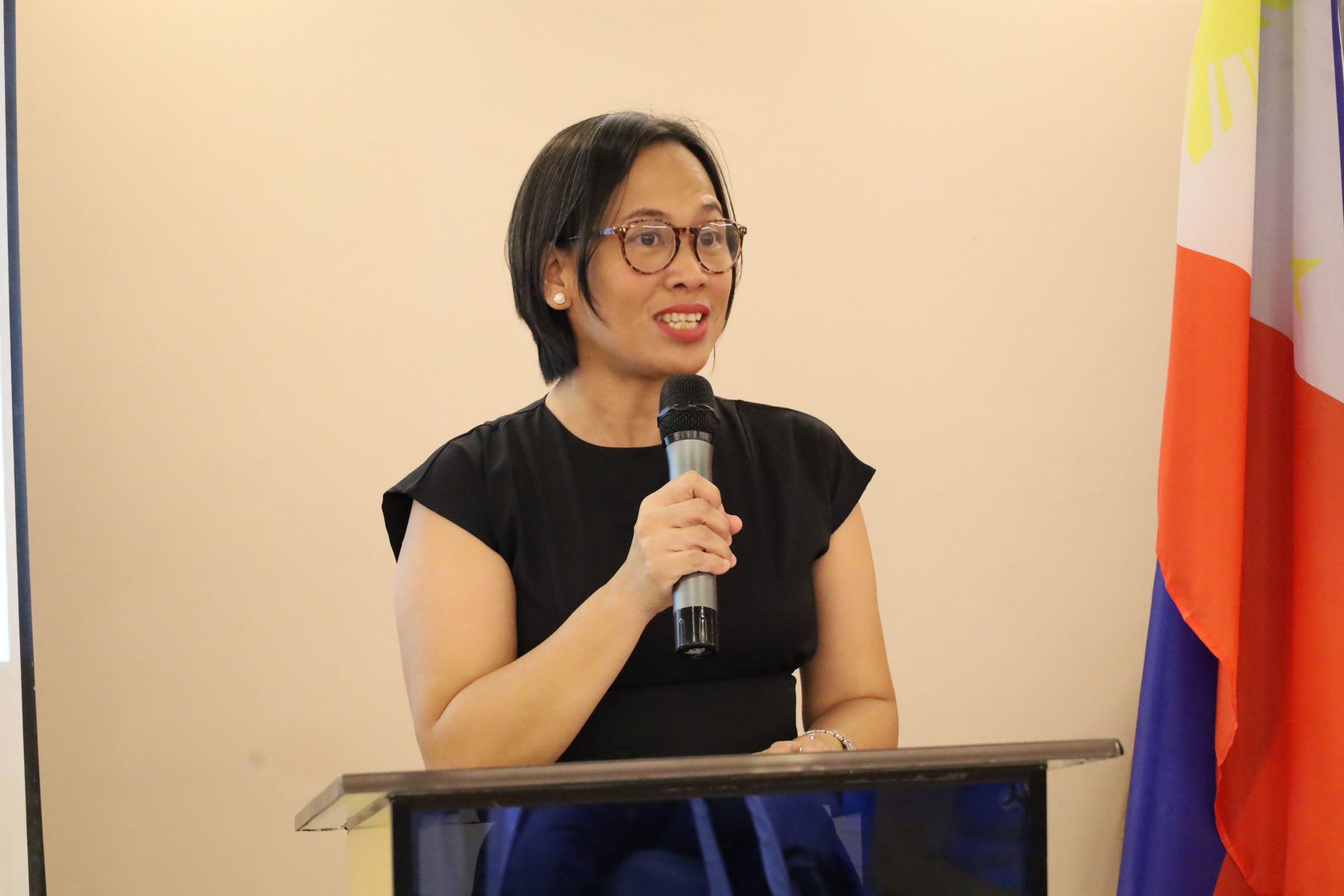
PCA Corporate Planning Service Department Manager Ma. Odessa Pacaul, representing PCA Administrator Dr. Dexter Buted, emphasized the importance of the encounter in fostering closer ties between the government and coconut farmers.
“Kayo po ang puso ng industriya ng niyog, at narita kami upang makinig at makipagtulungan sa inyo. Ang ating sectoral encounter ngayong araw ay napakahalaga dahil ito ang magiging daan para mas mapalapit sa inyo ang mga programa ng ating pamahalaan, lalo na ang ating Coconut Farmers Industry Development Plan,” said Pacaul. (You are the heart of the coconut industry, and we are here to listen and collaborate with you. This sectoral encounter will pave the way for our government programs, especially the Coconut Farmers Industry Development Plan, to reach you more effectively.)

PCA Regional Office IV-A Manager Bibiano Concibido, Jr. highlighted Quezon Province’s significance as the country’s leading coconut producer, with an annual production of approximately 1,318,966.76 metric tons. He also shared that one of the region’s strengths is its numerous processing plants, including coconut oil mills, oil refineries, and desiccated coconut plants.
Despite its potential, the industry faces challenges such as an increasing number of senile trees and an aging farmer population. To address these challenges and promote sustainable coconut farming, Concibido discussed the implementation of a Massive Coconut Planting and Replanting Program (MCPRP) targeting 20 million coconut trees in CALABARZON by 2025.
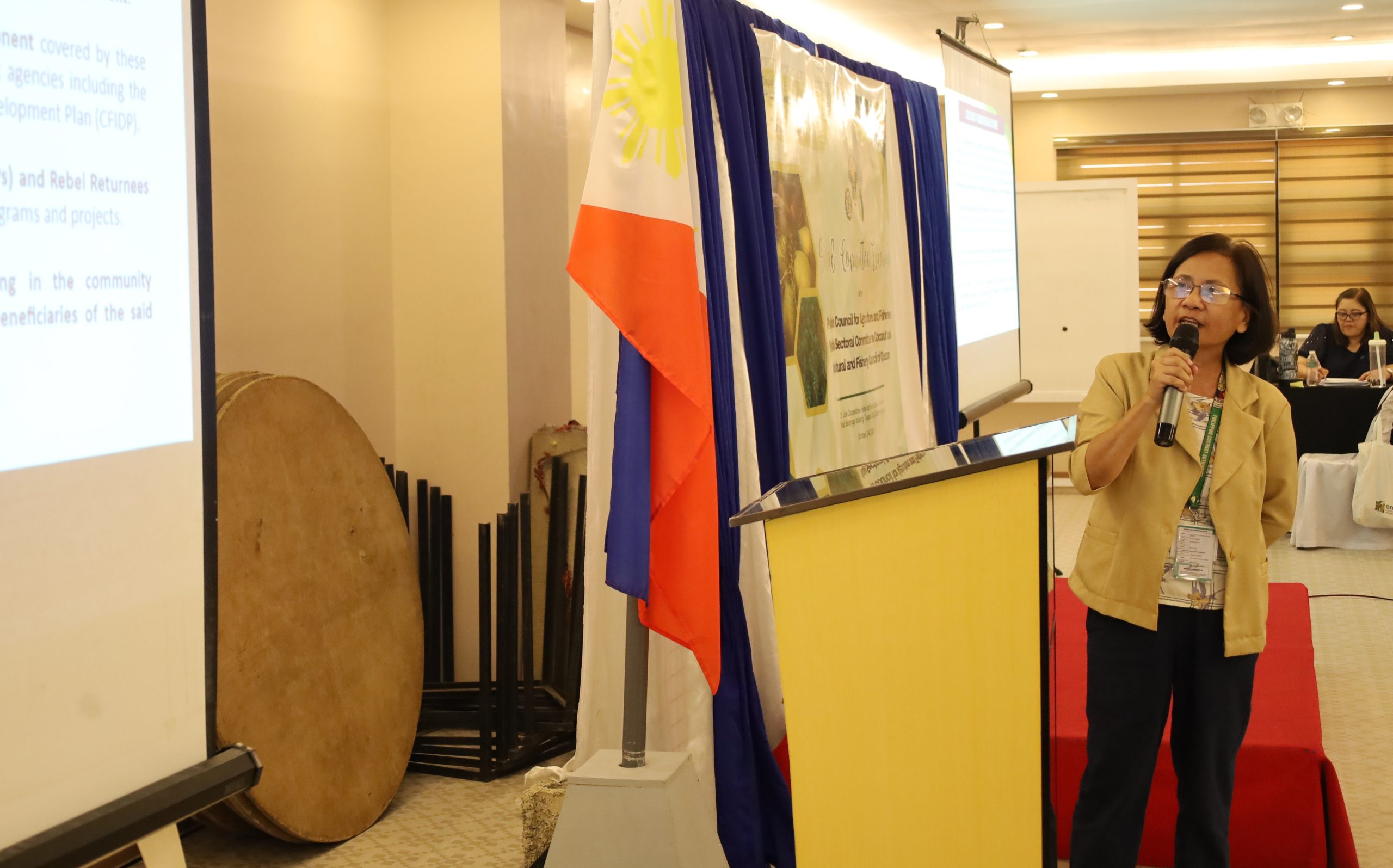
In line with this, PCA Quezon II Division Chief Belen Ruiz outlined the region’s plans and programs, which are primarily intended for registered farmers in the National Coconut Farmers Registry System (NCFRS). Beneficiaries can receive a combination of project components, with special consideration given to farmers in Agrarian Reform Communities (ARCs), Indigenous Peoples, and rebel returnees.
Key projects included the Sustainable Planting and Replanting of Local Cultivars Project (SPRLCP), Coconut Fertilization Project, Coconut-Carabao Development Project, and Coconut Hybridization Program.
As of the meeting, a total of 2,848,847 farmers are registered in NCFRS nationwide, with 303,592 farmers registered in Region IV-A (CALABARZON), making it the third most registered region.
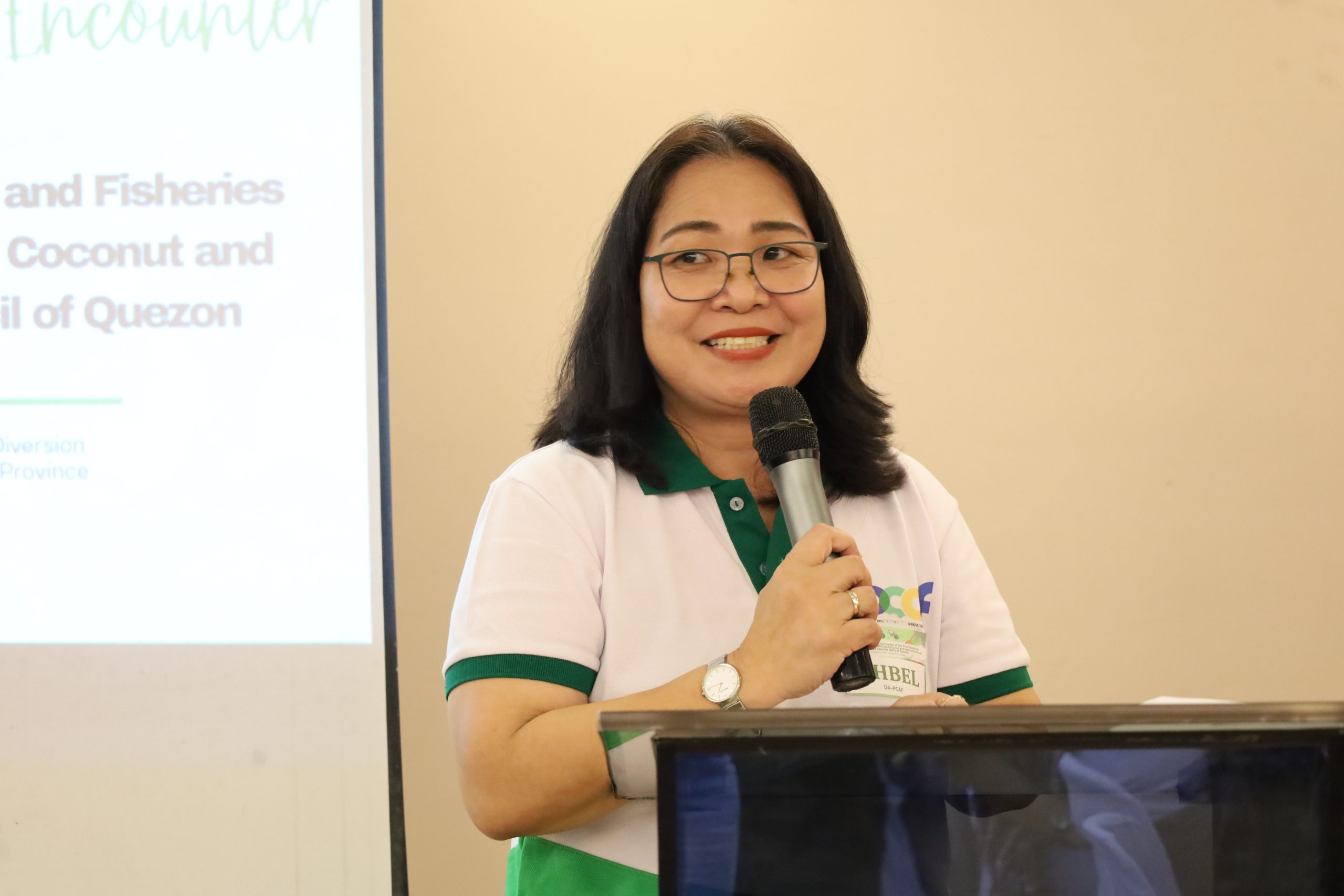
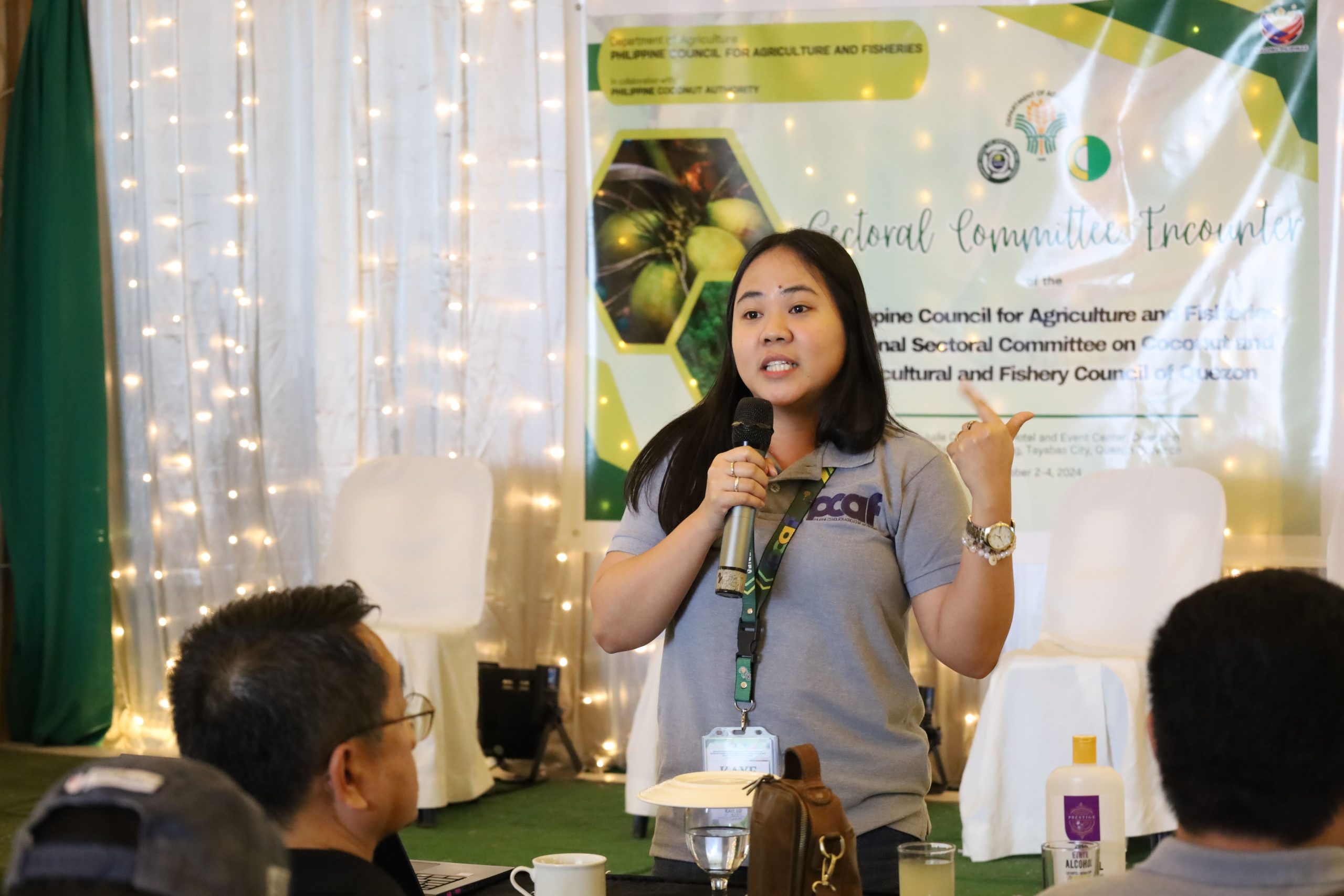
Fifteen (15) policy resolutions were proposed during the sectoral committee encounter. Among the major recommendations were simplifying the application process for organized coconut farmer groups to receive vehicles and machinery, identifying more specific areas to visit and expand outreach efforts for crop insurance policies to farmers, and analyzing and promoting the intercropping of coconut with coffee or cacao as an alternative or supplemental source of income for farmers.
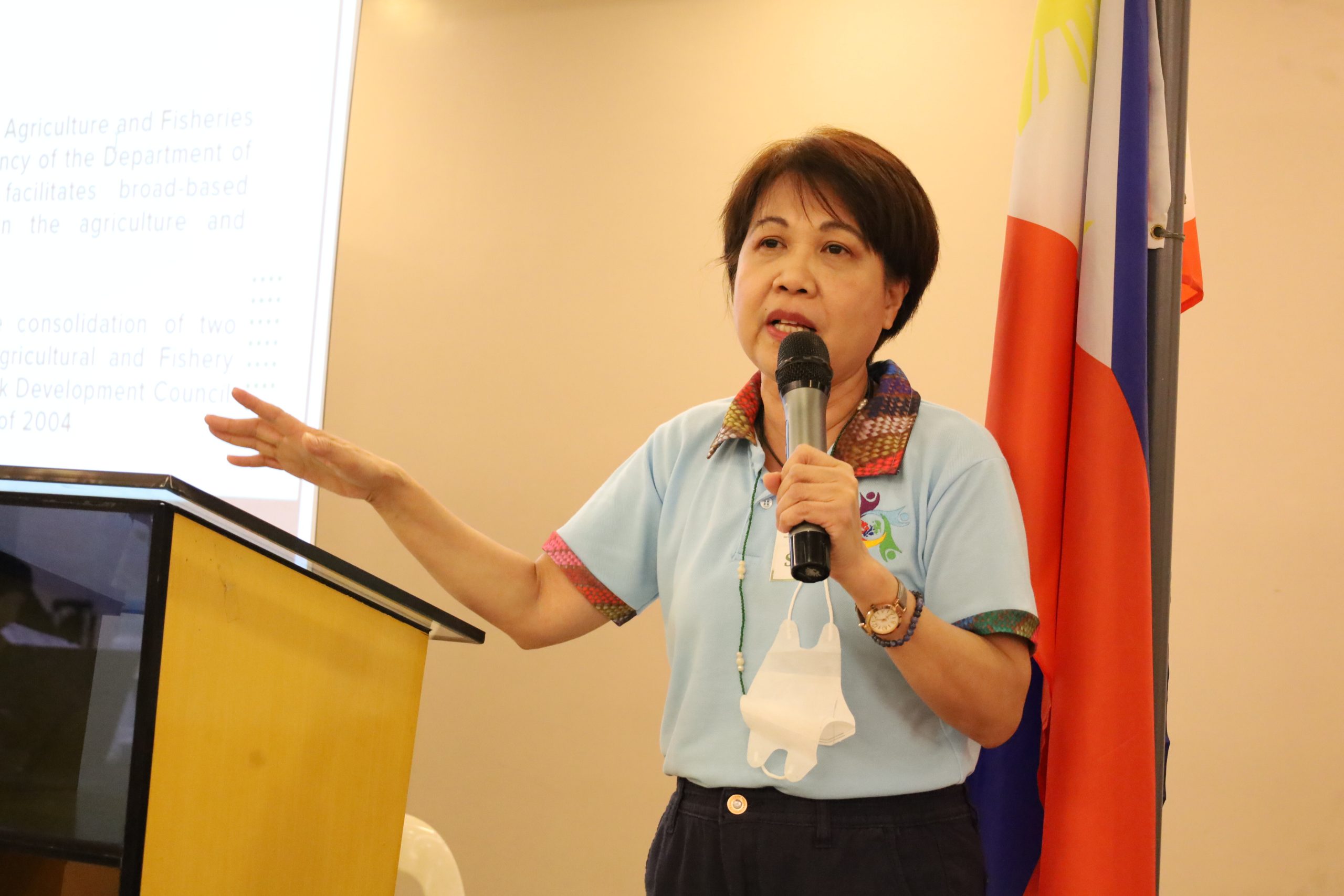
On behalf of PCAF OIC-Executive Director Julieta Opulencia, PCAF Policy Development and Coordination Division OIC-Chief Sarah Bales expressed gratitude to the participants and assured them that PCAF will prioritize the development and endorsement of the policy resolutions generated from the activity.
“Taos puso kaming umaasa na mas marami pang magniniyog ang makikinabang sa CFIDP at iba pang mga programa ng gobyerno. Rest assured na tututukan ng PCAF ang inyong mga recommendations. Maraming salamat sa inyong aktibong pakikibahagi at dedikasyon, sa inyong pagsisikap at pagtutulungan tayo ay huhubog ng matatag at maunlad na kinabukasan para sa ating mga magniniyog at mas malawak na sektor ng agrikultura,” said Bales. (We sincerely hope that more coconut farmers will benefit from the CFIDP and other government programs. Rest assured that PCAF will focus on your recommendations. Thank you for your active participation and dedication; through your efforts and cooperation, we will build a strong and prosperous future for our coconut farmers and the broader agricultural sector.) | Joy Camille Luza











